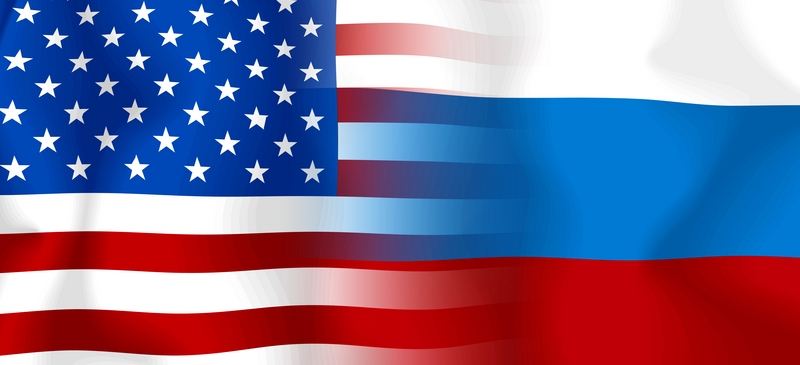The United States benefited from Moscow allowing men and supplies for the NATO mission in Afghanistan to pass through Russia. Moscow refused to deliver S-300 surface-to-air missiles to Iran. Both parties were happy to sign the New Start agreement that will reduce their strategic nuclear arsenals.
The personal chemistry between Medvedev and Obama made a difference, as in March 2011, when Medvedev decided not to veto U.N. Security Council Resolution 1973, which provided the legal justification for military intervention in Libya. That decision — opposed by Prime Minister Putin and much of the Russian security establishment — gave the United States and its allies the legal cover to intervene militarily in Libya.
Putin, who has remained the preeminent political figure in the Kremlin during the Medvedev presidency, allowed the reset to happen, though he never used the word. He is less of a natural diplomat than Medvedev, and has a less benign view of the United States.
During the recent presidential election campaign in Russia, Putin resorted to tough anti-American rhetoric, accusing opposition demonstrators of being paid by the United States. Putin’s recent newspaper articles also suggest that he sees U.S. hegemony as a bigger problem than the rise of Chinese power.
Those who have heard him talk in private say that Putin’s suspicion and mistrust of the United States is genuine, rather than mere electoral rhetoric.
Any arguments over human rights are likely to cause further strains in the relationship. Within Russia, NGOs funded by Western foundations are facing new forms of harassment.
Another thorny issue is missile defense. Much of the Russian security establishment appears to believe that America’s plans for missile defense are aimed at Russia, though the Americans say that Iran is the rationale. Russian strategists worry that the American plans could require them to rethink the concept of “mutually-assured destruction,” although those plans, if fully implemented, could not stop Russia obliterating the U.S. if it wished to do so. Medvedev has threatened to respond to the U.S. scheme by deploying cruise missiles to Kaliningrad and building Russian missile defense systems.
Syria and Iran are causing great strains. Russian strategists view the turmoil in the Middle East almost exclusively in terms of a conflict between Iran, on the one hand, and Saudi Arabia and the U.S. on the other. Syria is not only Iran’s ally but also Russia’s best friend in the region. Russia has friendly relations with Iran, but not Saudi Arabia.
Many Russians believe that geopolitics will drive the U.S. to use force against not only Iran but also Bashar al-Assad’s regime in Syria. They believe that only ill will come of the Arab Spring and predict that many countries will end up with extreme Islamist regimes backed by Saudi Arabia.
Putin is ardently opposed to any kind of humanitarian intervention in Syria. This position is based partly on principle, notably a strong attachment to absolute state sovereignty. His belief that the West abused the terms of Resolution 1973 to justify striking Libya has reinforced his hostility to Western intervention elsewhere. The position is based partly on realpolitik: Syria buys a lot of Russian arms, provides Russia with a naval base and helps to prevent U.S.-Saudi dominance in the Middle East.
Afghanistan, by contrast, has fostered cooperation between Washington and Moscow. Russia views the U.S. presence in the country as a bulwark against the spread of Islamist fundamentalism, and they work together on counter-narcotics operations. But many Russians believe that when U.S. troops depart in 2014, the Americans will have fewer reasons to collaborate with Moscow.
Cooler relations with Russia would not likely harm Obama in the U.S. presidential race, since Mitt Romney, the presumed Republican candidate, has attacked him for being soft on Russia.
In any case, both the next U.S. president and Putin are likely to see good reasons to stop the U.S.-Russia relationship turning hostile. The U.S. needs Russia’s help in the U.N. Security Council in tackling Iran and other problems in the Middle East. And Putin knows that stormy relations with the West could hold back the modernization of the Russian economy.
But it won’t be the reset, or the cordiality, that Obama had with Medvedev.

